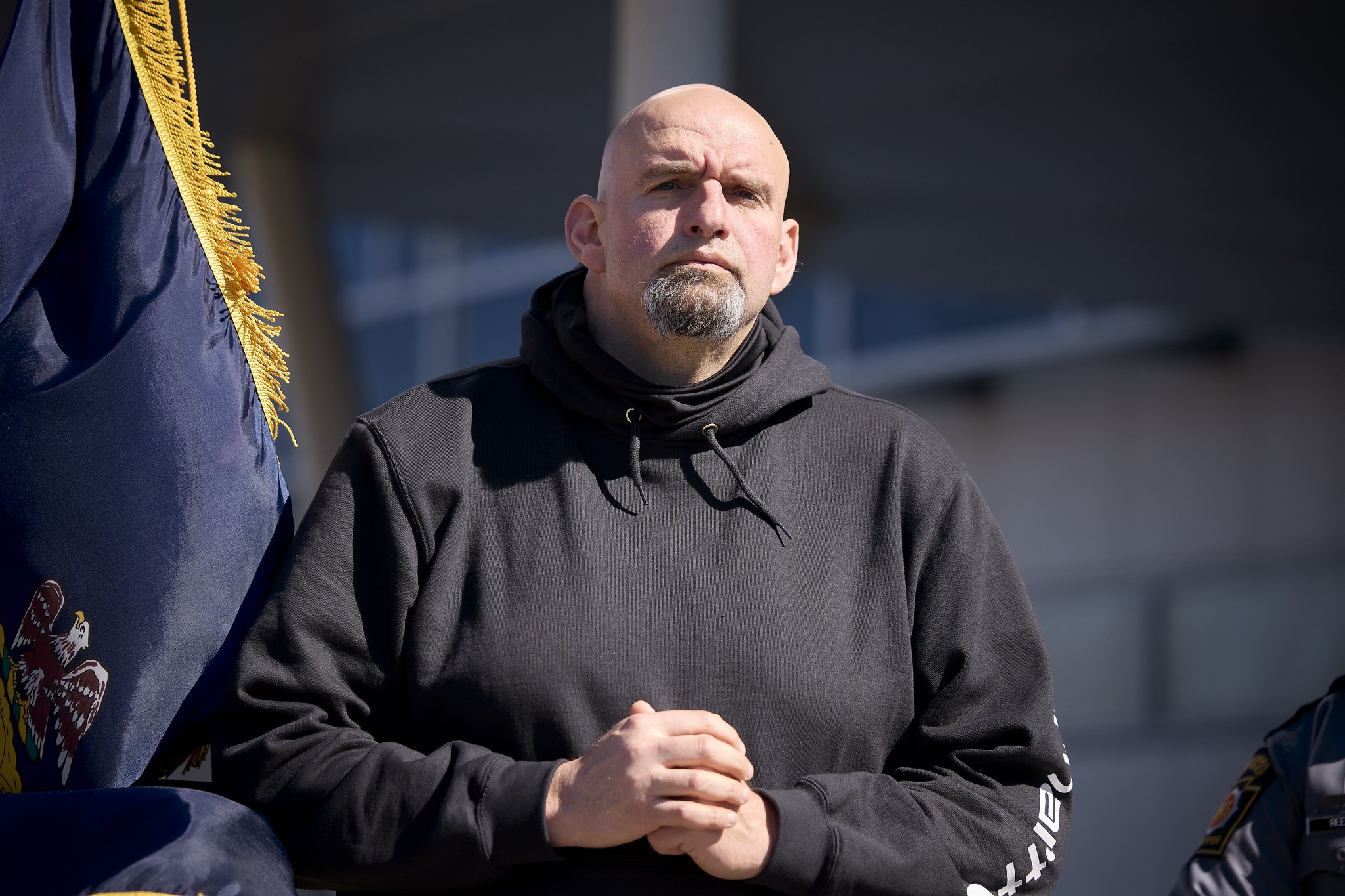
More in Elections
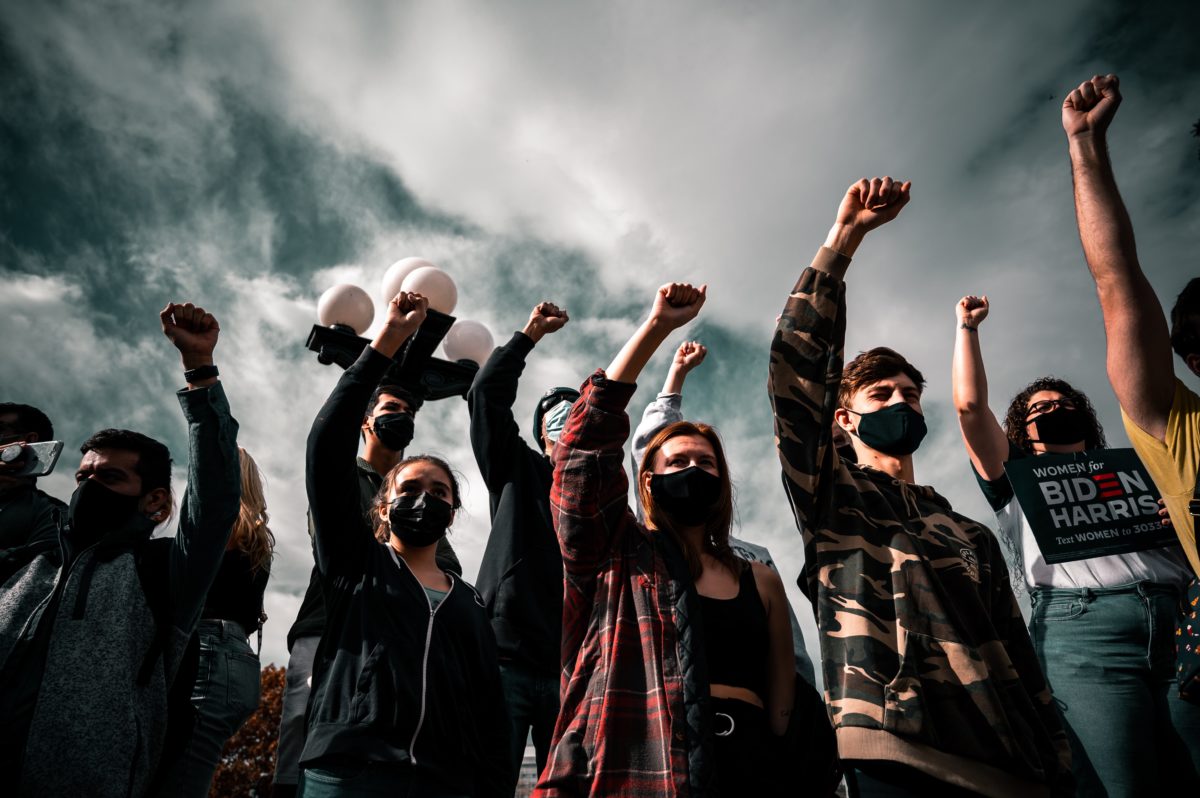
Midterm Elections Deliver Some Good News for Criminal Legal Reform
Midterm election results show the bad-faith “crime wave” narrative failed to con a critical mass of voters, who instead want a less draconian police state.

How Imprisoned People Forced to Pick Cotton Got ‘Prison Slavery’ Bans on the Ballot
On Election Day, voters in Alabama, Louisiana, Oregon, Tennessee, and Vermont will decide whether to close loopholes in their state constitutions allowing the forced labor of incarcerated people.
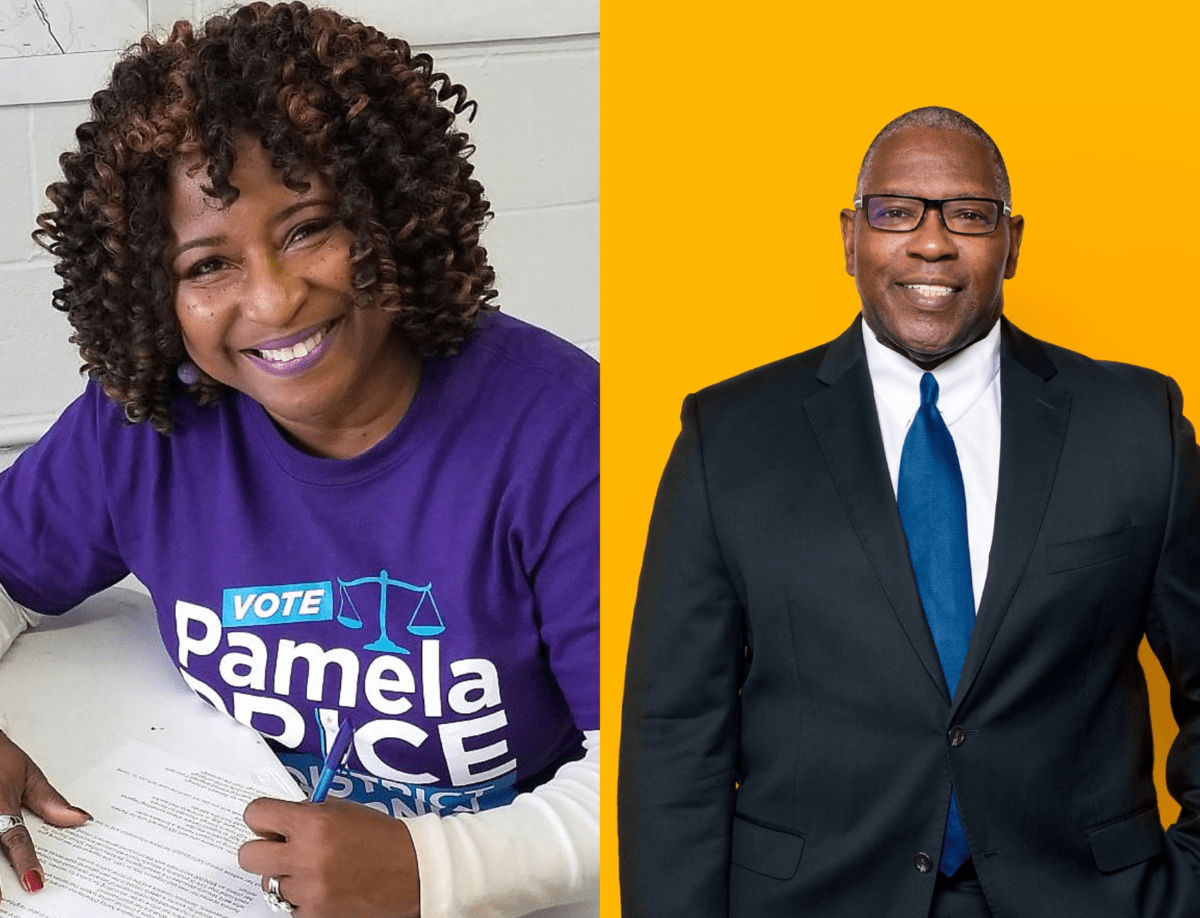
Chesa Boudin Looms Over the Race for the Oakland Area’s Next Prosecutor
Pamela Price is running a progressive campaign to change the Alameda County District Attorney’s Office in California. She’s winning. But her opponent, longtime prosecutor Terry Wiley, is trying to paint her as the next Chesa Boudin to score votes.
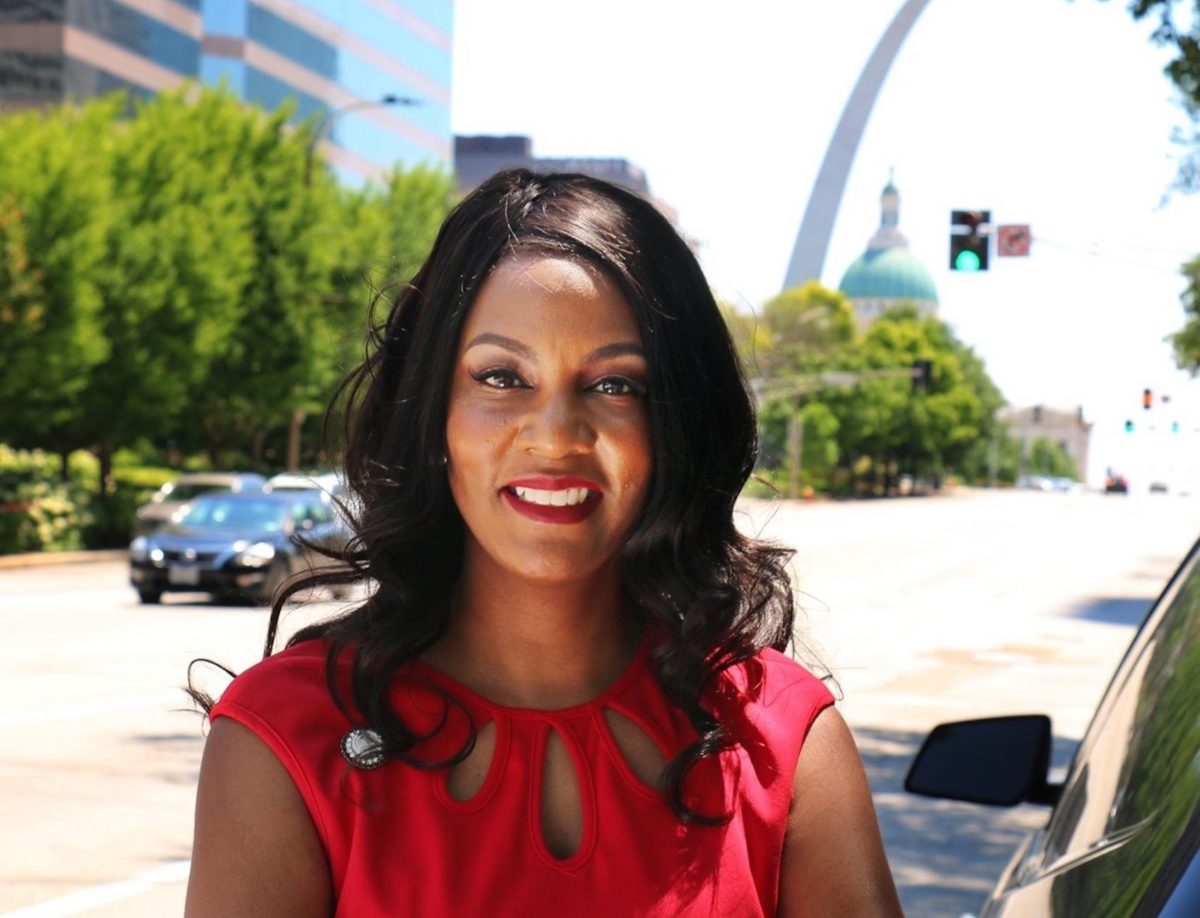
Tishaura Jones Wants to Change St. Louis
Jones says her experience transforming the treasurer’s office will make her an effective mayor. Voters will let candidates know what they think next week.

To Turn Election Wins Into Policy, House Progressives Need More Committee Power
Progressive policies face a committee structure that distorts democracy and favors corporate-backed centrists.

Police Funding Is a Pivotal Issue in Two Austin City Council Runoffs
Incumbents Jimmy Flannigan and Alison Alter have been targeted by conservative challengers because of the council’s votes to cut police funding and repeal a ban on public camping.
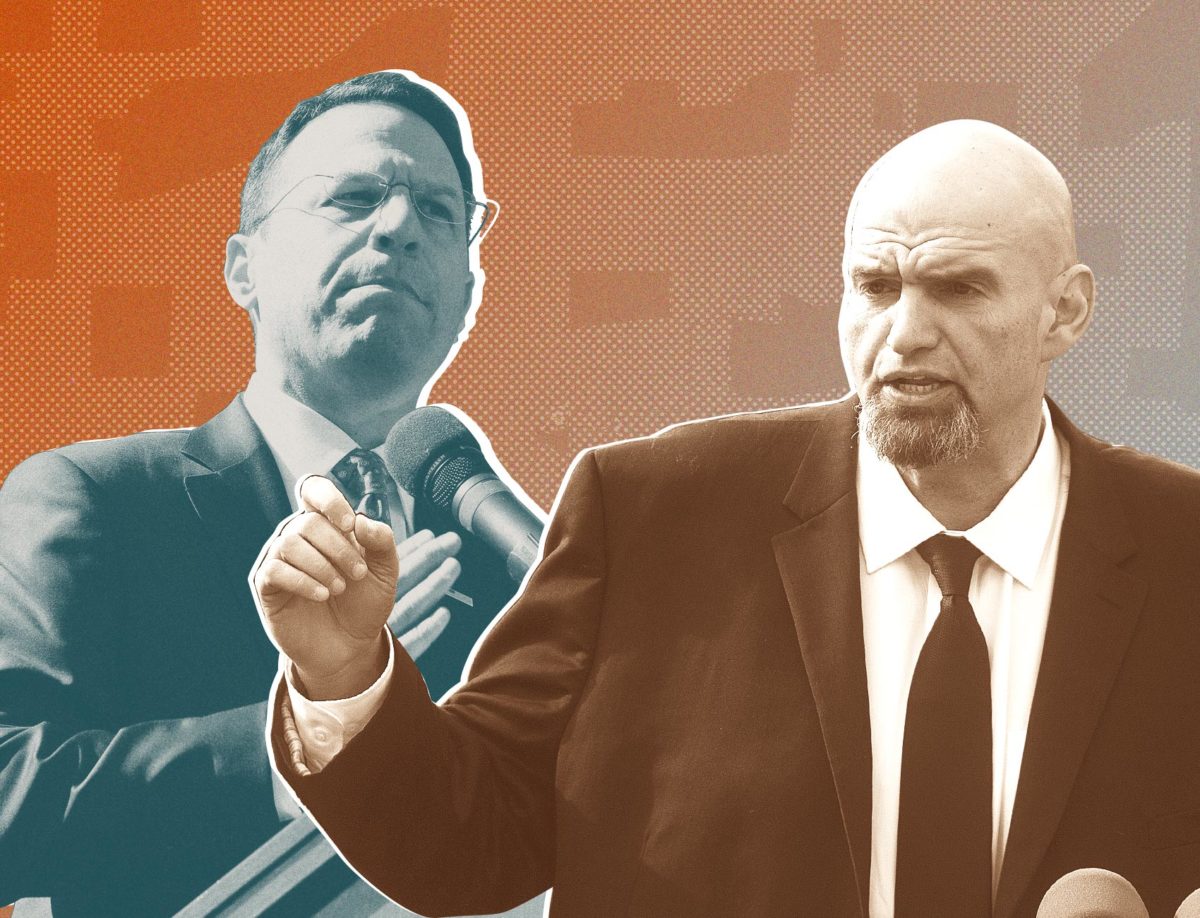
Two Rising Democratic Stars May Be Vying for Pennsylvania Governor. On Criminal Justice, They’re Very Different
Lieutenant Governor John Fetterman has jumpstarted the state’s pardons process, while Attorney General Josh Shapiro’s self-styled progressivism isn’t winning over advocates.

Some Texas Elections Suggest Voters Aren’t Afraid of Defunding Police
None of the Austin City Council members who voted to cut police funding lost their elections, but a police union vice president who fearmongered about the defund movement did.

Americans Are Getting Tired of Willie Horton-Style Fearmongering
In North Carolina, Attorney General Josh Stein’s Republican opponent painted him as soft on crime. Voters re-elected him anyway.
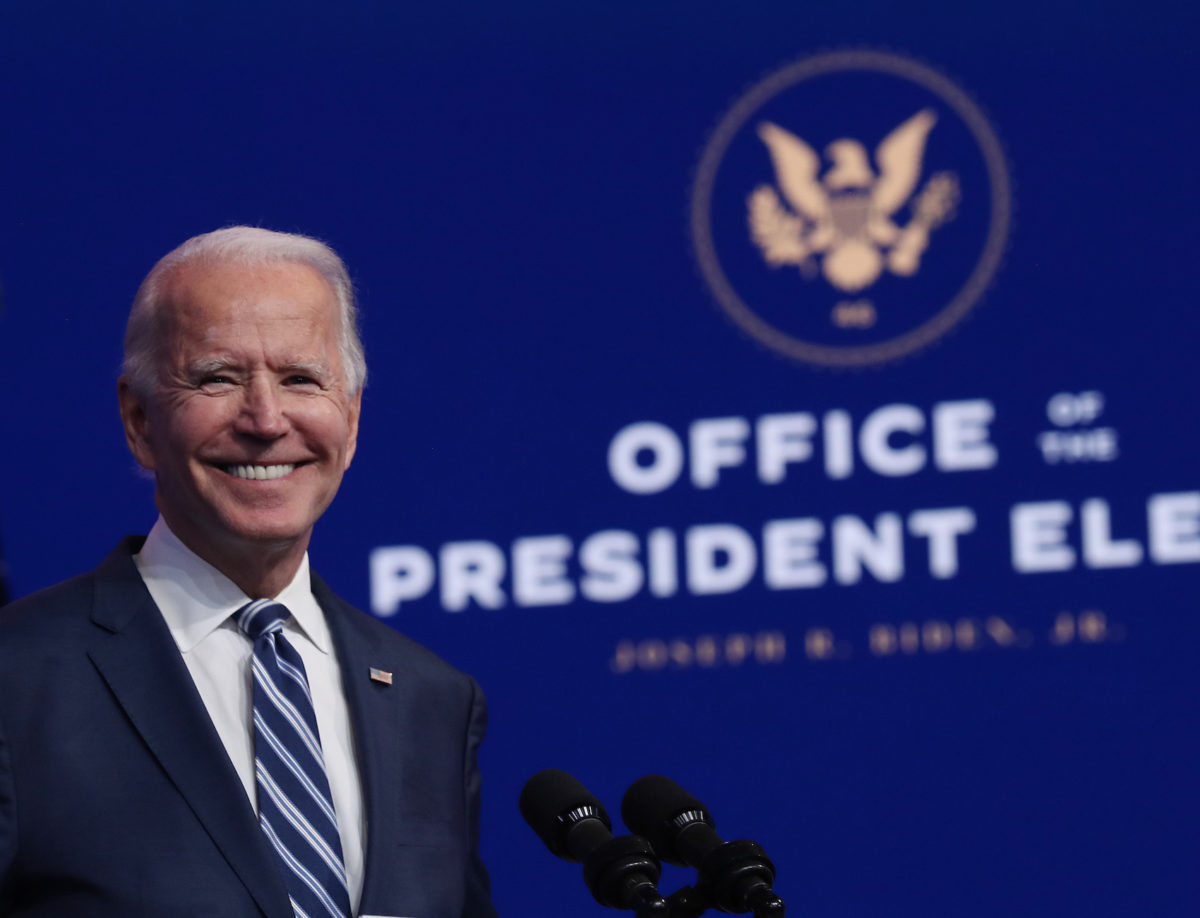
Joe Biden Has to Be More Than the Man Who Defeated Trump
A Democratic president who politely listens to progressive rhetoric while failing to act on it is one who just watches the planet burn a little more slowly.

In a Blow to the Progressive Prosecutor Movement, Allister Adel Wins the Maricopa County Attorney Race
Voters decided to keep Adel in charge of the third-largest prosecuting agency in the country. She is recovering from emergency surgery for bleeding in her brain.
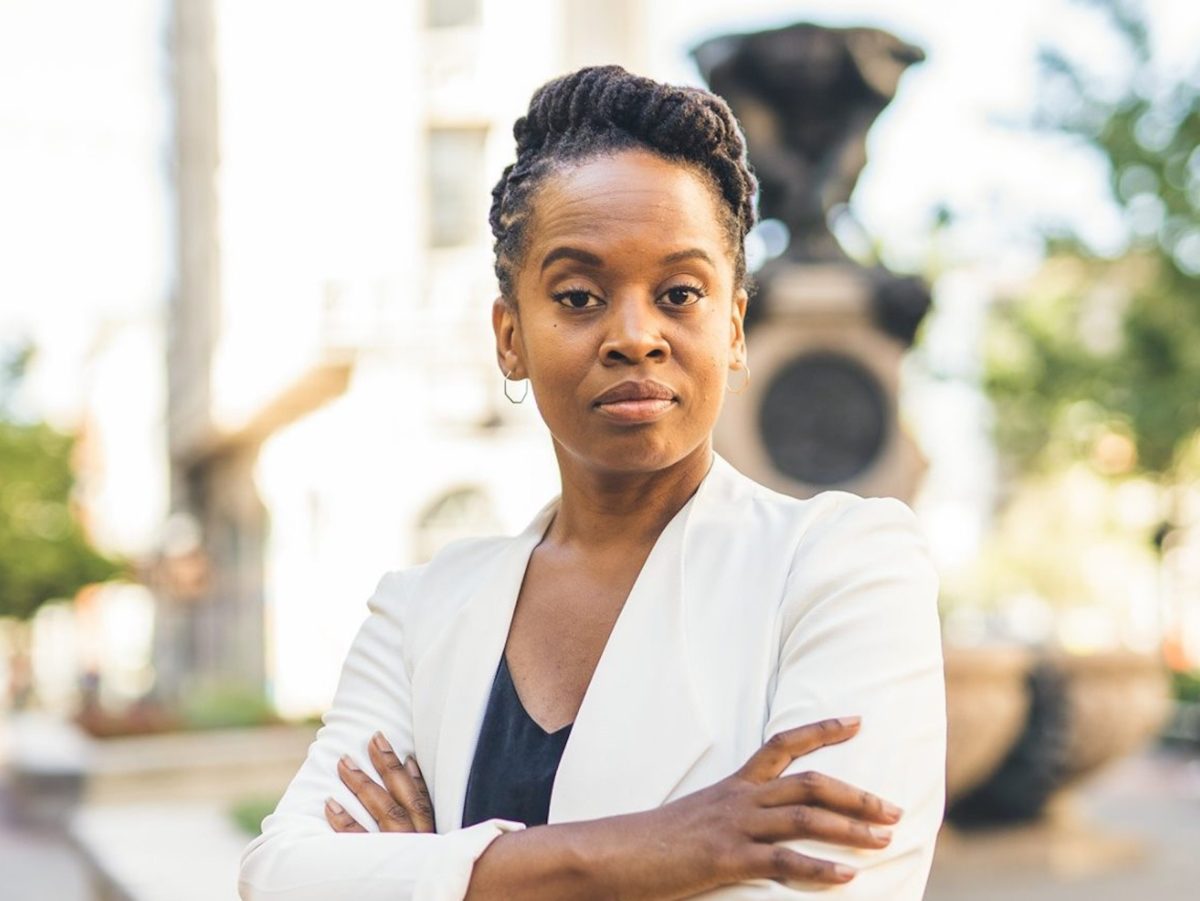
Carroll Fife’s Fight For Unhoused Mothers Sparked A Movement Across The Country. Now She’s On The Oakland City Council Ready To Transform The City.
Fife has pledged to reinvest in the local community, aggressively combat the housing crisis, address income inequality, education, healthcare and more.
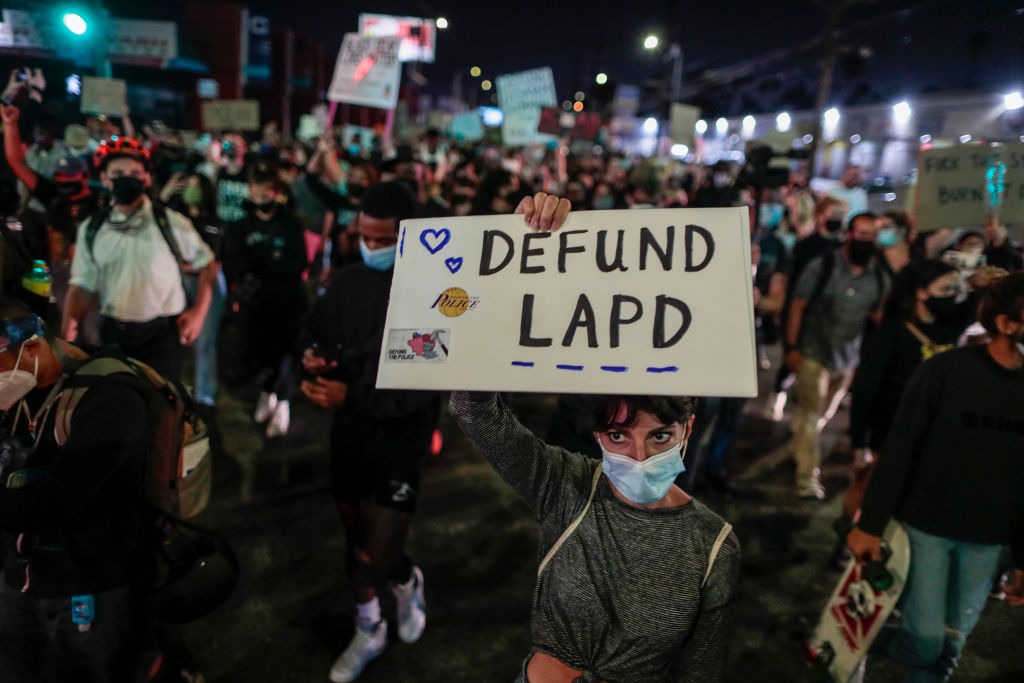
No, Defund The Police And Medicare For All Didn’t Lead To Democratic Losses In The House
Party leaders have blamed progressive left policies for disappointing electoral results. A close examination of winners and losers suggests otherwise.
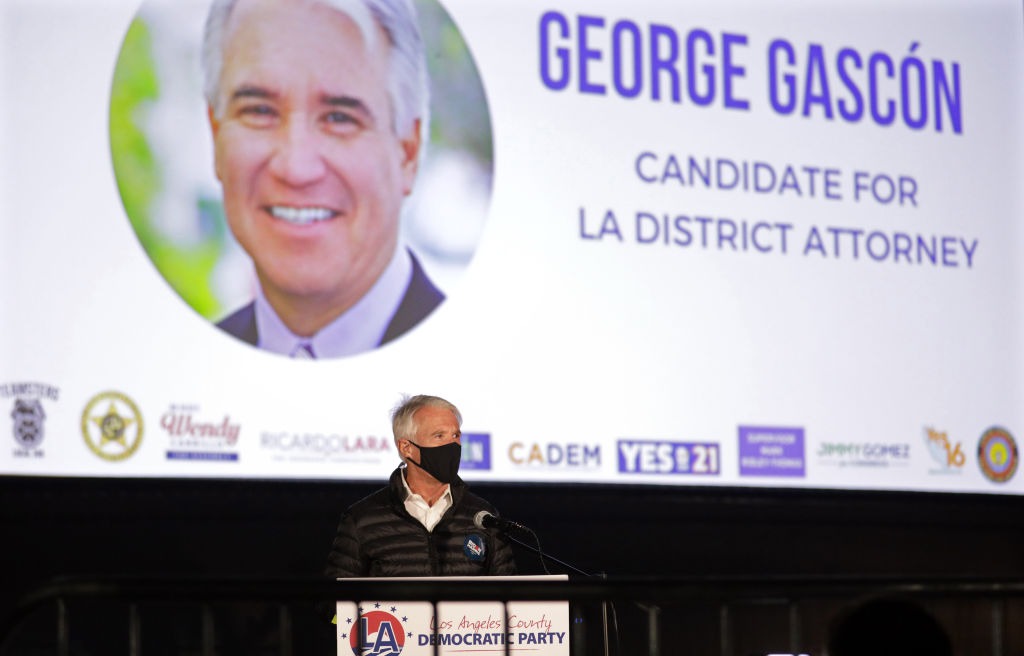
Law Enforcement Reformers Sweep Major Races In Los Angeles County
Candidates promising to remake Southern California’s legal system, won major races for DA, county supervisor, and City Council, among others while overcoming significant spending by pro-law enforcement groups.
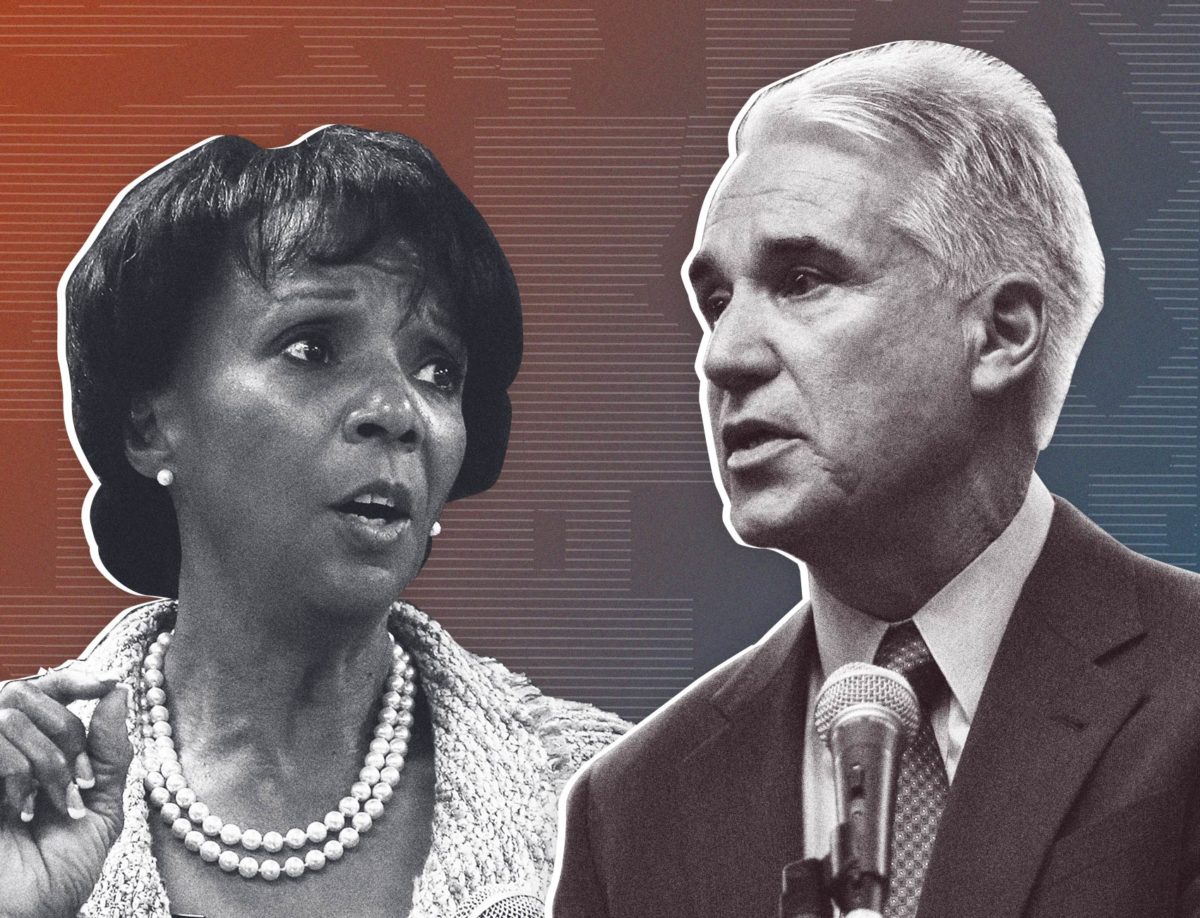
George Gascón Wins Race for Los Angeles D.A. in Major Victory for Progressive Prosecutor Movement
Los Angeles County, with the country’s largest jail system and largest local prosecutor office, is considered a crown jewel in a nationwide push for criminal justice reform.
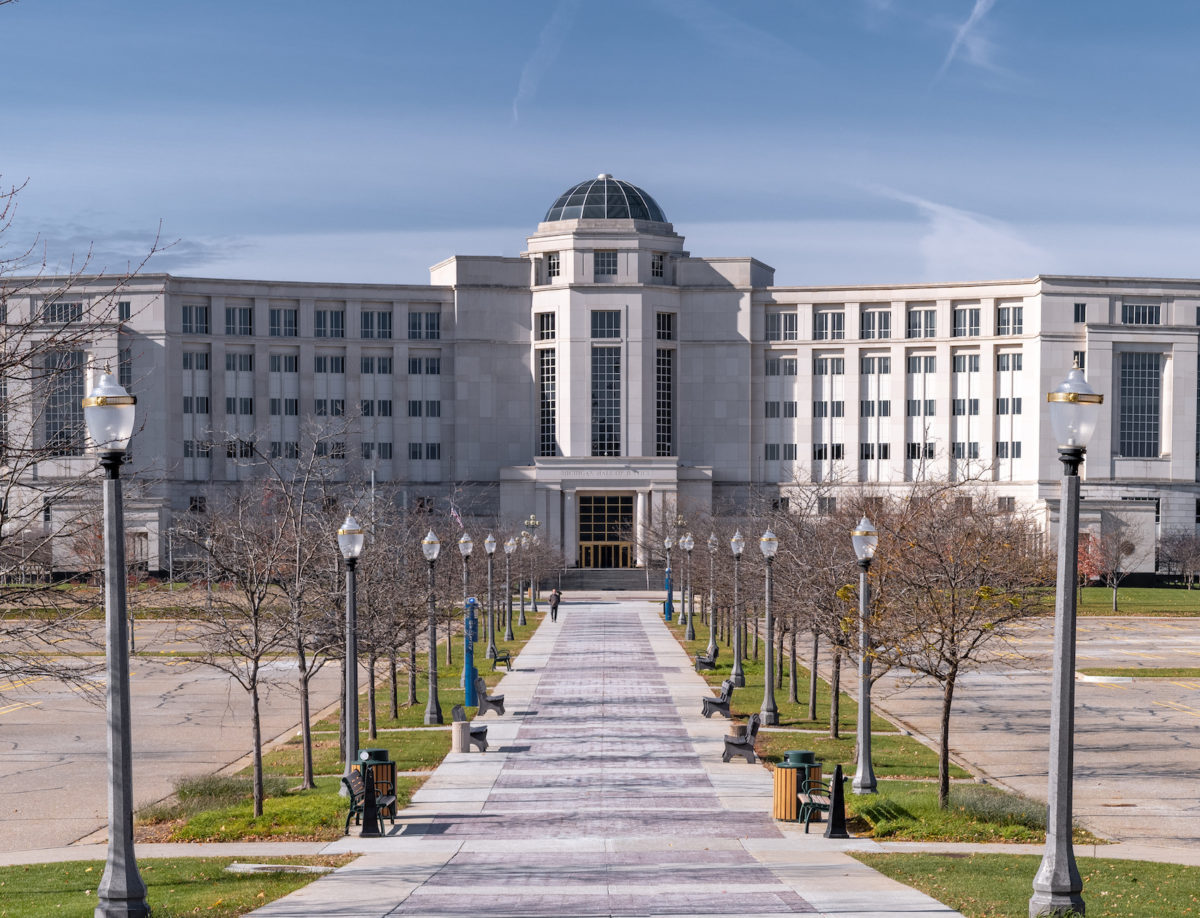
Michigan Supreme Court Flips to Democrats
The ideological change is a boon for the left, as states prepare for redistricting in 2021 and the challenges that may come with it.
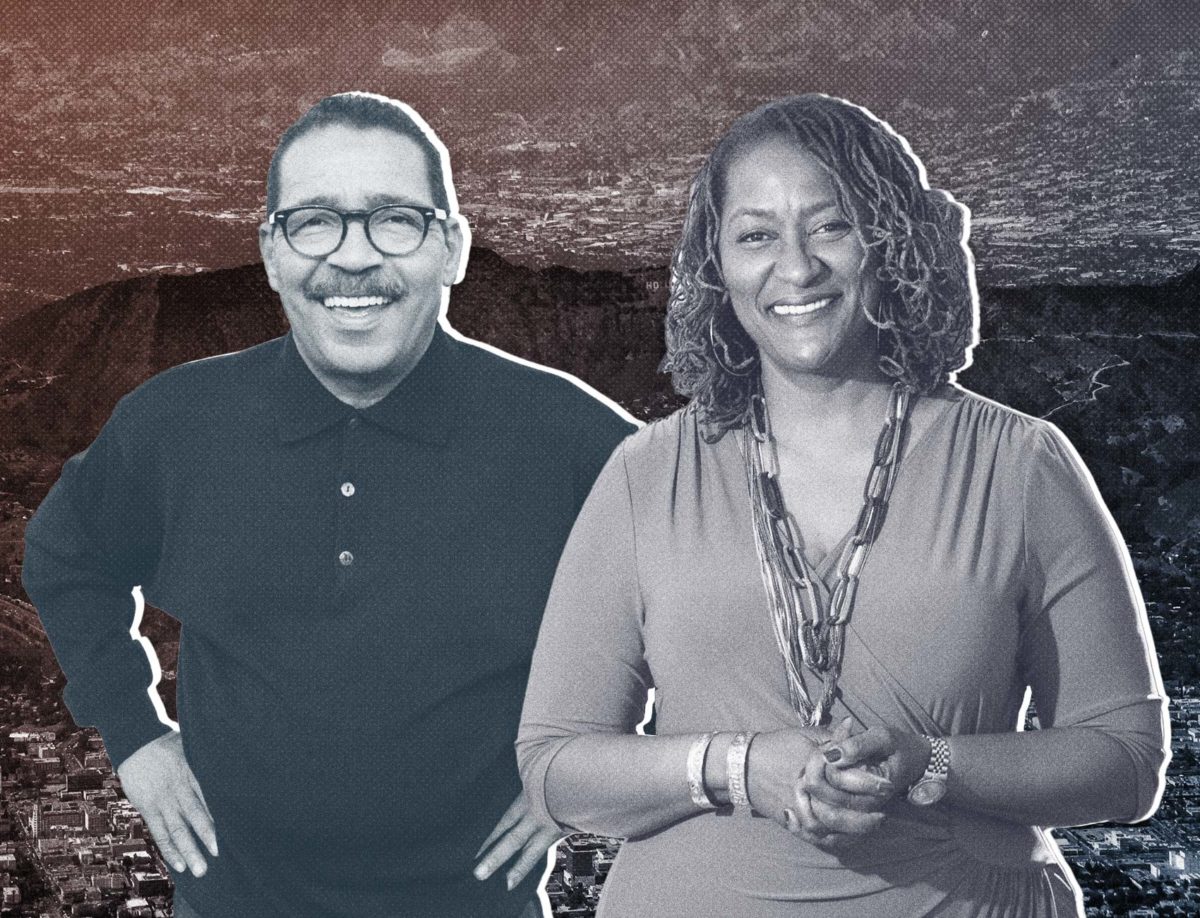
Holly Mitchell Wins Supervisors Race With Big Implications For Criminal Justice Reform In Los Angeles County
The LA County supervisors are poised to tackle a wide range of criminal justice reforms, including moving children and people struggling with mental health issues out of the criminal legal system, and redirecting millions of dollars away from law enforcement and back into communities.

San Francisco Voters Abolish Mandatory Staffing Levels for Police
Current law mandated that the city have at least 1,971 full-time police officers.
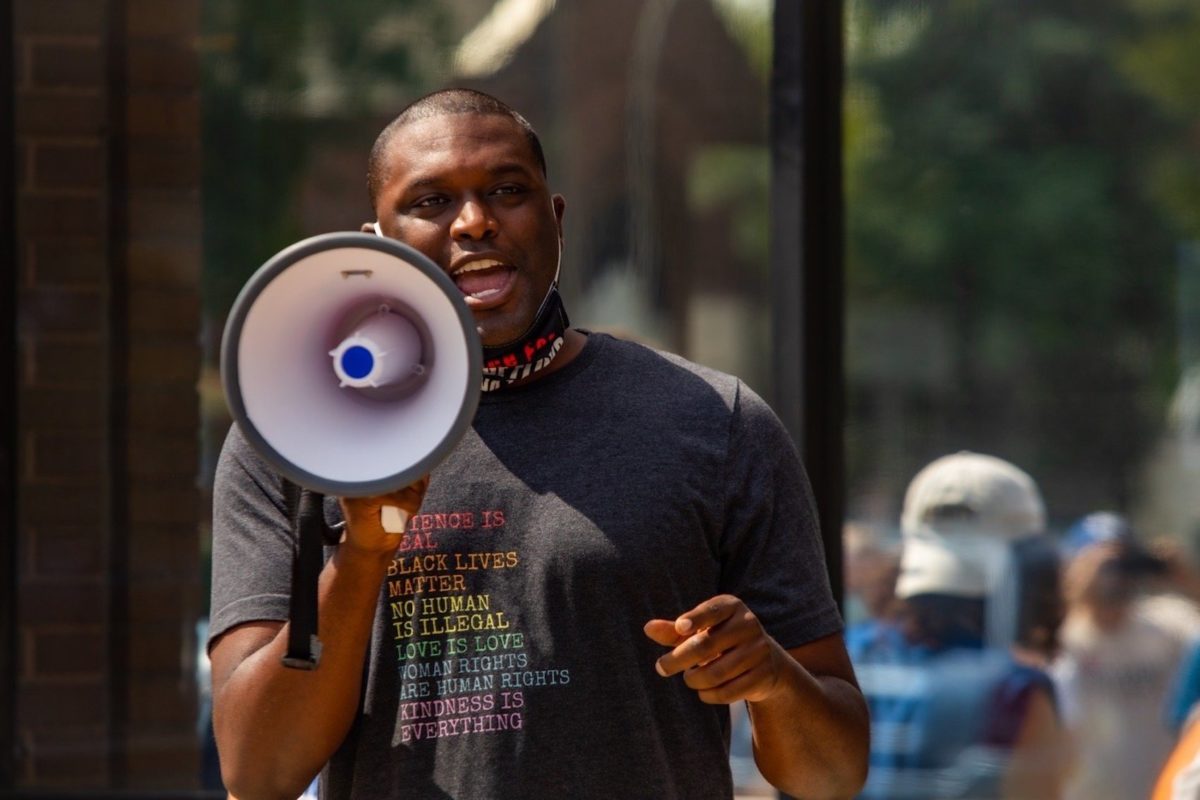
Mondaire Jones Is Bringing the Fight Against Systemic Racism to Congress
Jones has vowed to support expansion of the Supreme Court, back the Green New Deal, and push for criminal justice reform.

Francesca Hong Wins A Seat In The Wisconsin Legislature. She’s Fighting For A Living Wage And Workers’ Rights.
The chef and restaurant owner says she plans to support the fight for a $15 minimum wage and other reforms that will make ‘Wisconsin work better for more people.’
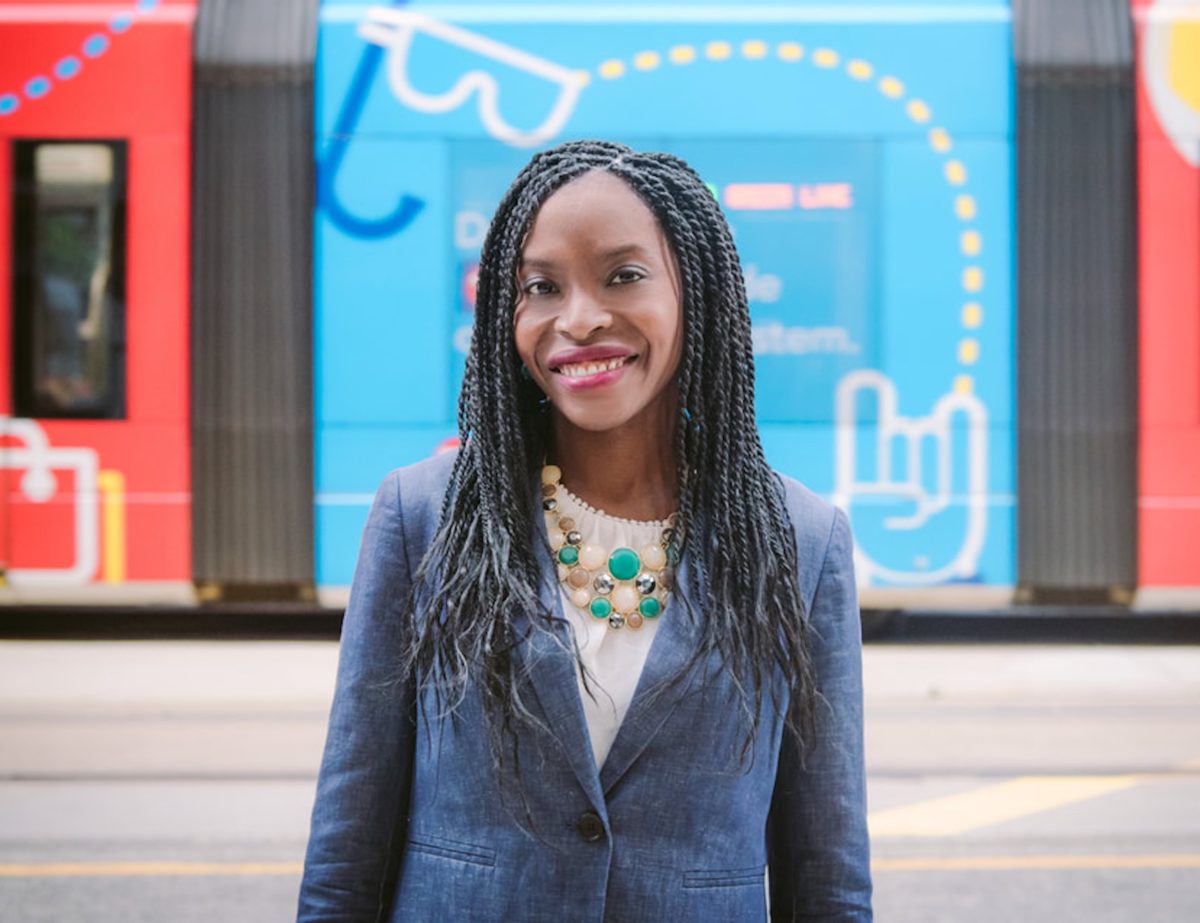
Esther Agbaje, Fighting For Affordable Housing And Prison Reform, Becomes Minnesota’s First Nigerian-American Legislator
“I have always had a focus on public service, always a desire to make sure that I’m using my skills and talents to help people and to make the community around me a little bit better,” she said.
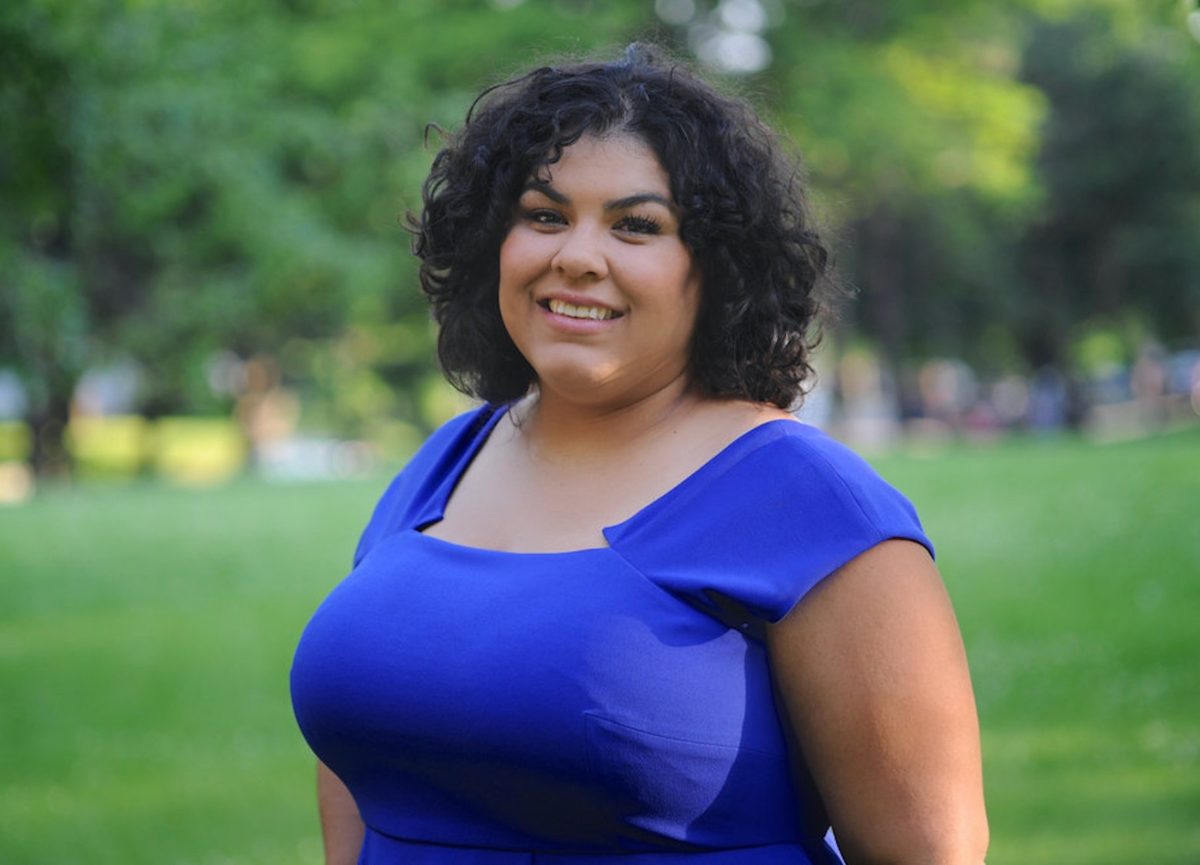
Athena Hollins Wins Seat In Minnesota State House, Pledging To Fight For Broad Police Reforms
Hollins’s ‘very personal’ decision to run was sparked in part by the Trump administration ‘catching everything on fire.’ Now she wants to advocate for subsidized child care, police reform, and more.
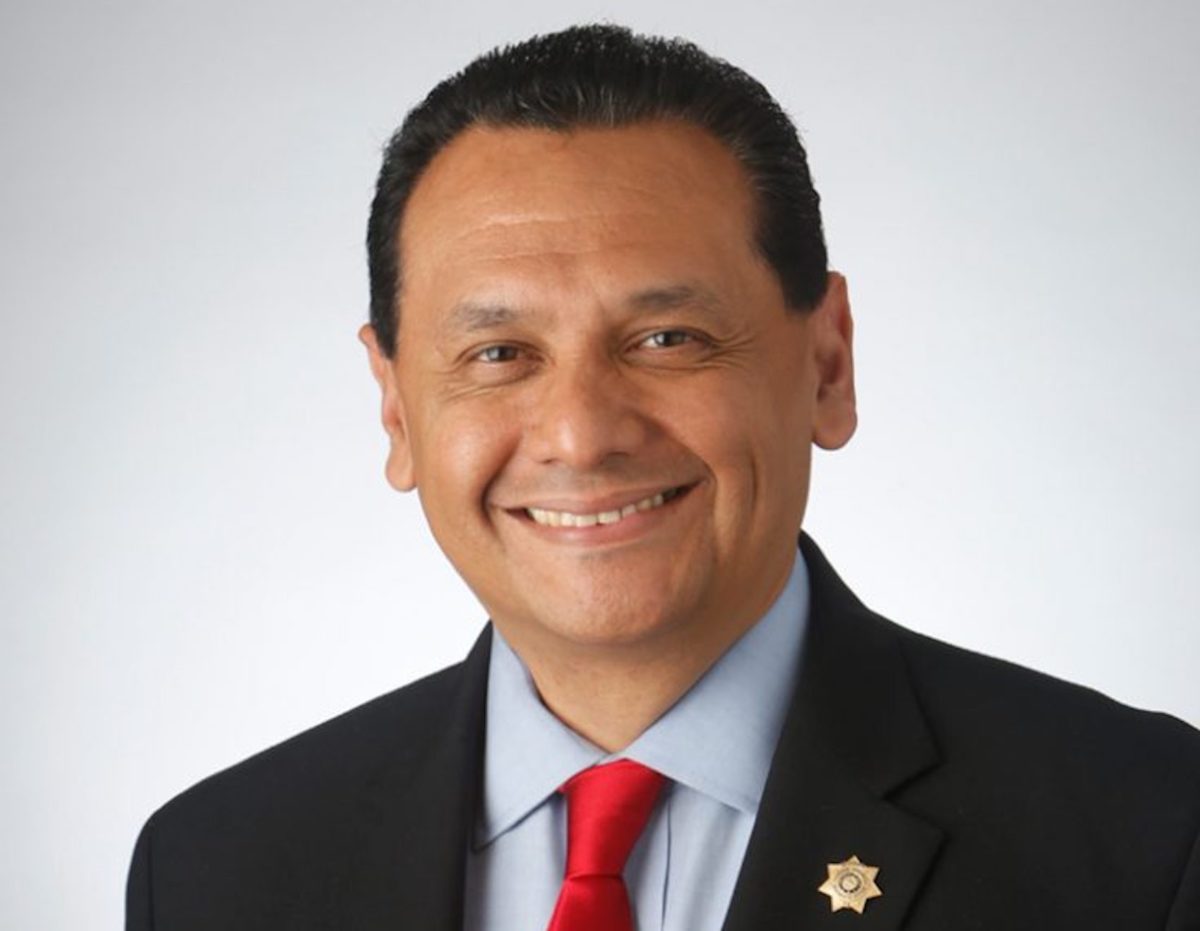
Reformer Ed Gonzalez Wins Second Term As Harris County Sheriff
Houston area voters re-elected Gonzalez after he supported bail reform, cleaned up the county jail, and provided aid to incarcerated people living with opioid use disorder.

California Voters Reject Regressive Measure That Would Have Rolled Back Years Of Successful Criminal Justice Reforms
The ballot initiative would have bloated prisons and jails in the state and undone important criminal legal reforms, advocates say.
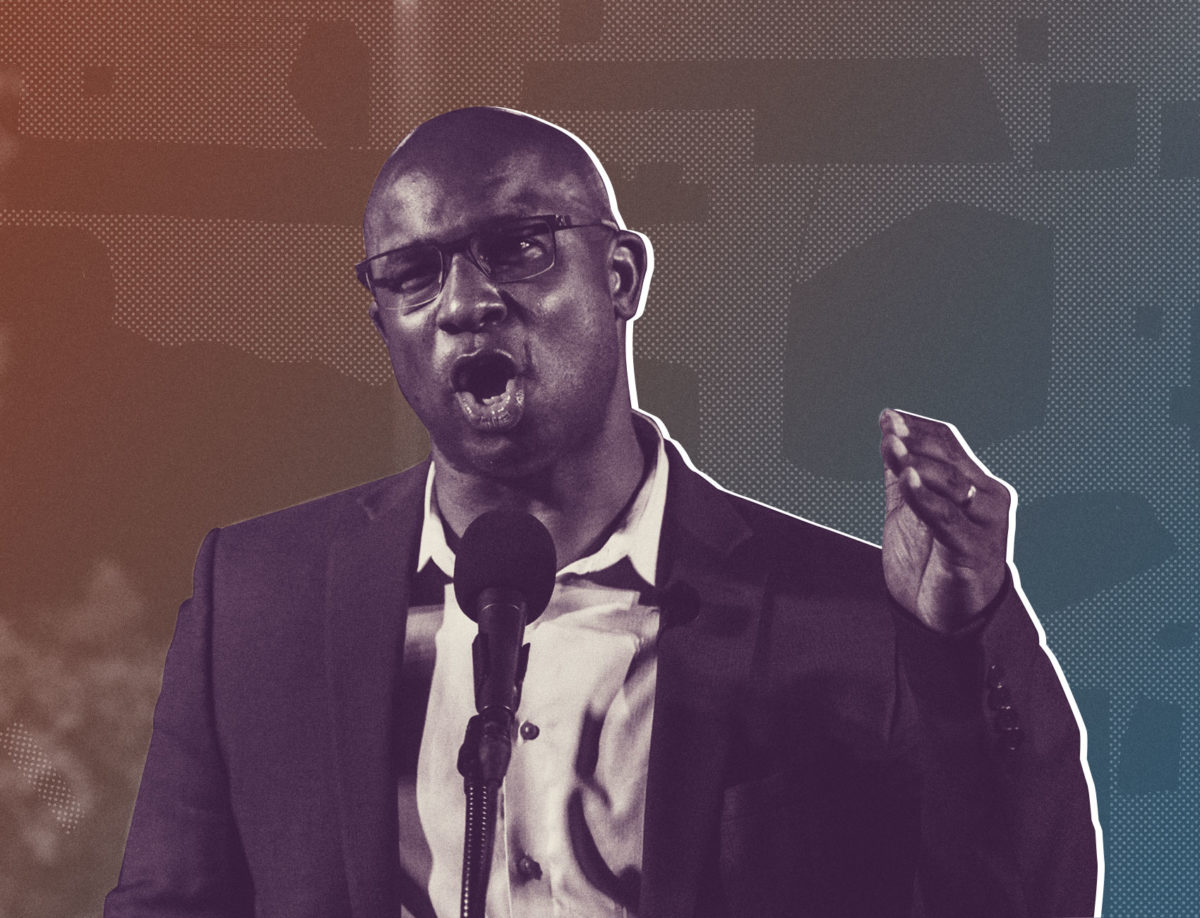
‘The Squad’ Is Growing—And So Is Its Power
Members of The Squad are already among the Democratic Party’s most influential voices.
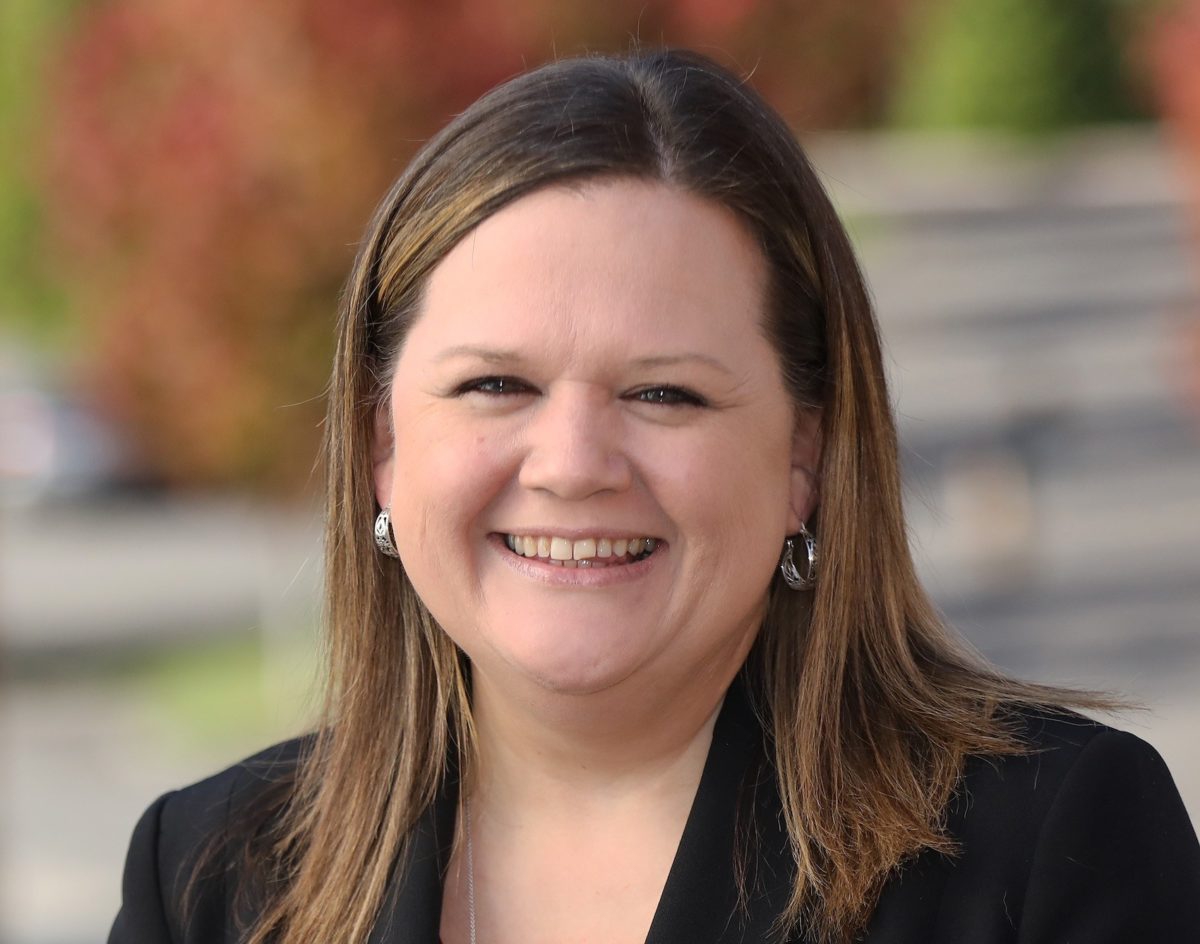
Tarra Simmons Becomes First Person Formerly Convicted Of A Felony Elected To Washington State Legislature
Simmons, an attorney, is fighting to give people “a first chance so they won’t need a second chance later on in life.”
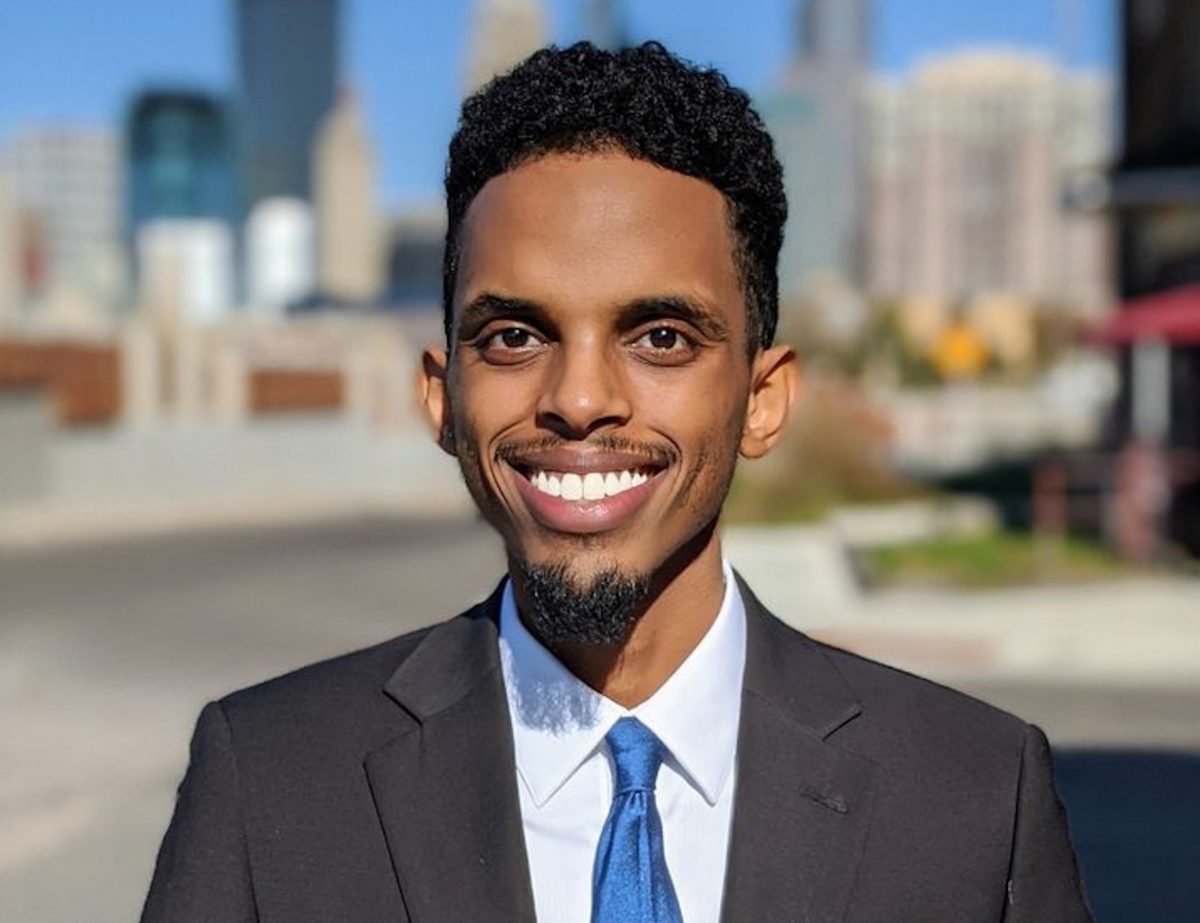
Omar Fateh Wins Chance to Bring ‘People Power’ to Minnesota’s State Senate
Minnesotans, Fateh said, “should be able to access the folks that are representing us and make sure that they’re partnering with the community.”

Teresa Leger Fernandez Wins In New Mexico’s Third Congressional District. She’s Fighting For ‘A Politics Of Opportunity.’
Leger Fernandez wants to pass universal healthcare and improve infrastructure in tribal and rural communities.
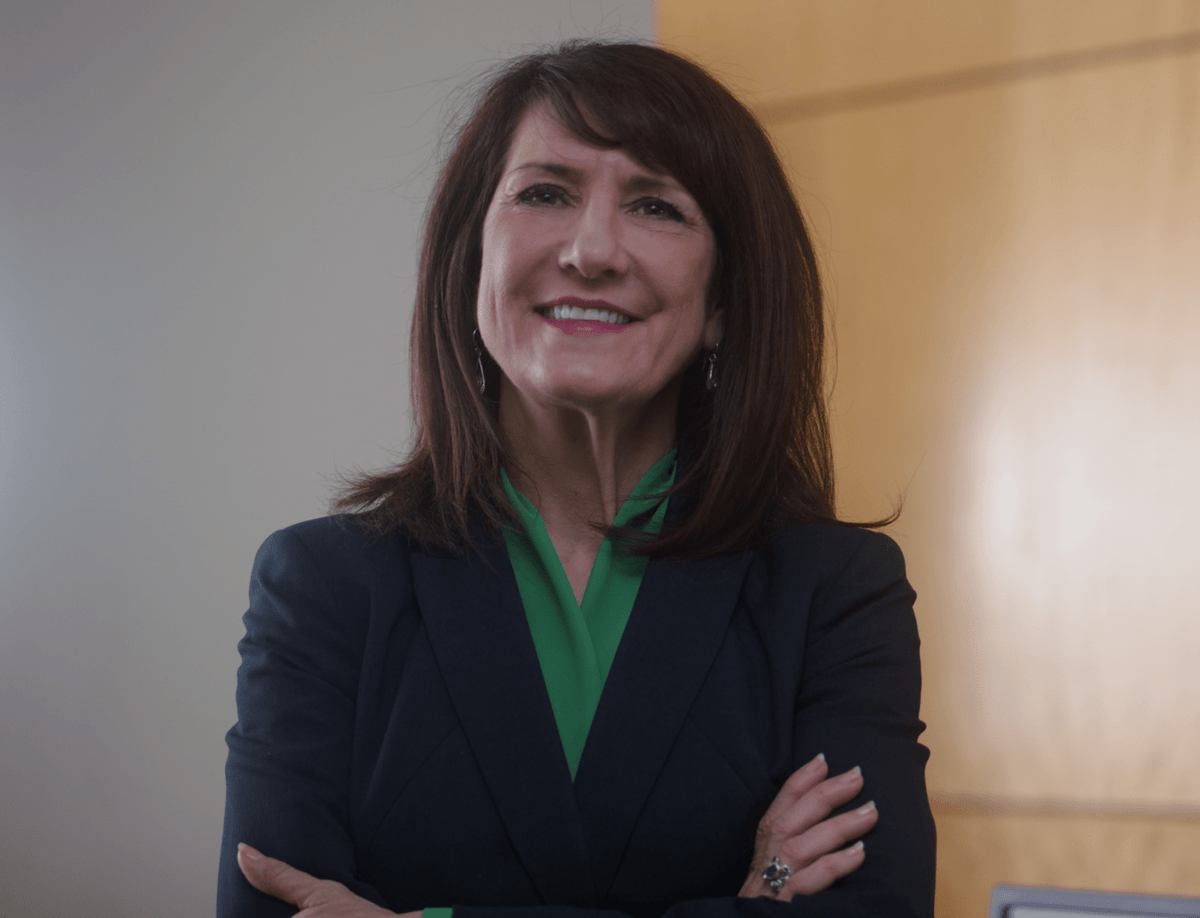
Marie Newman Wins Illinois House Seat, Pledging To Fight For Working Families And The Middle Class
“This economy doesn’t work for everyone; it works for very, very few people,” Newman said.
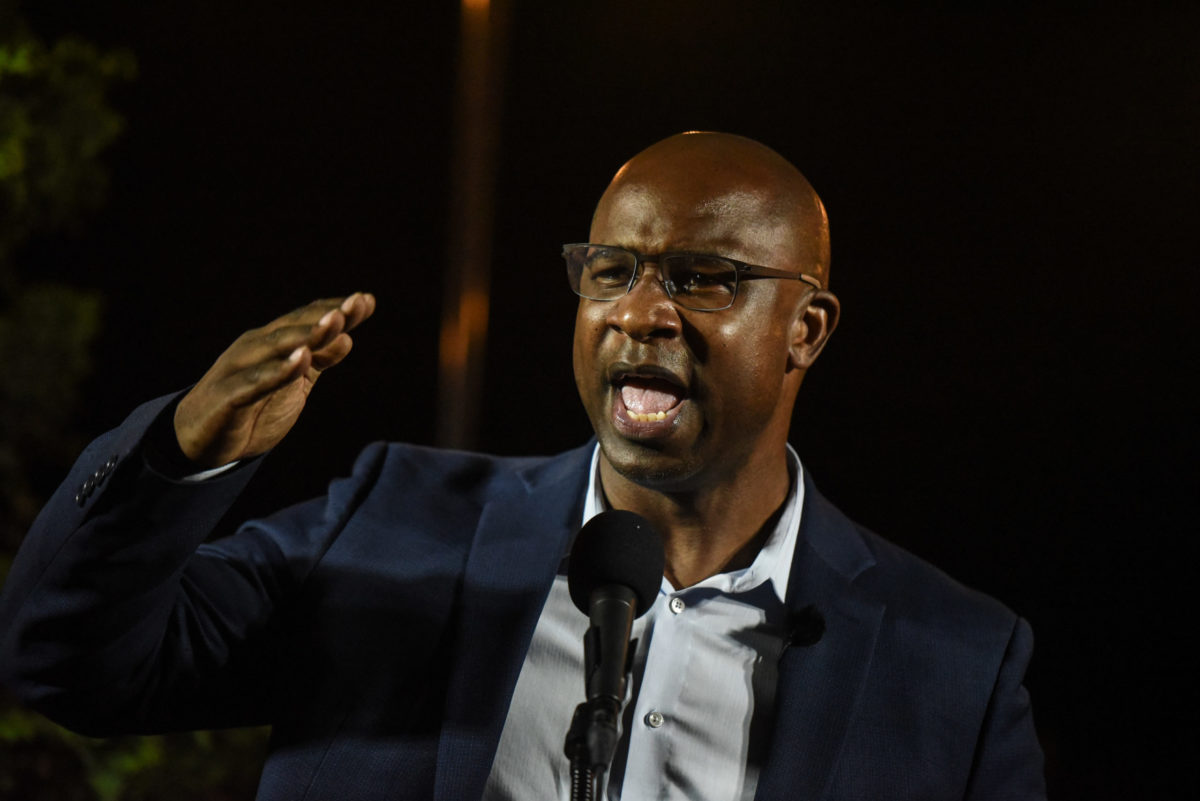
Jamaal Bowman Is Headed To Congress, Pledges To Make Democrats ‘The Party Of Dismantling Mass Incarceration’
Bowman has also advocated for an eviction moratorium and for rental payments to be cancelled for the duration of the pandemic.
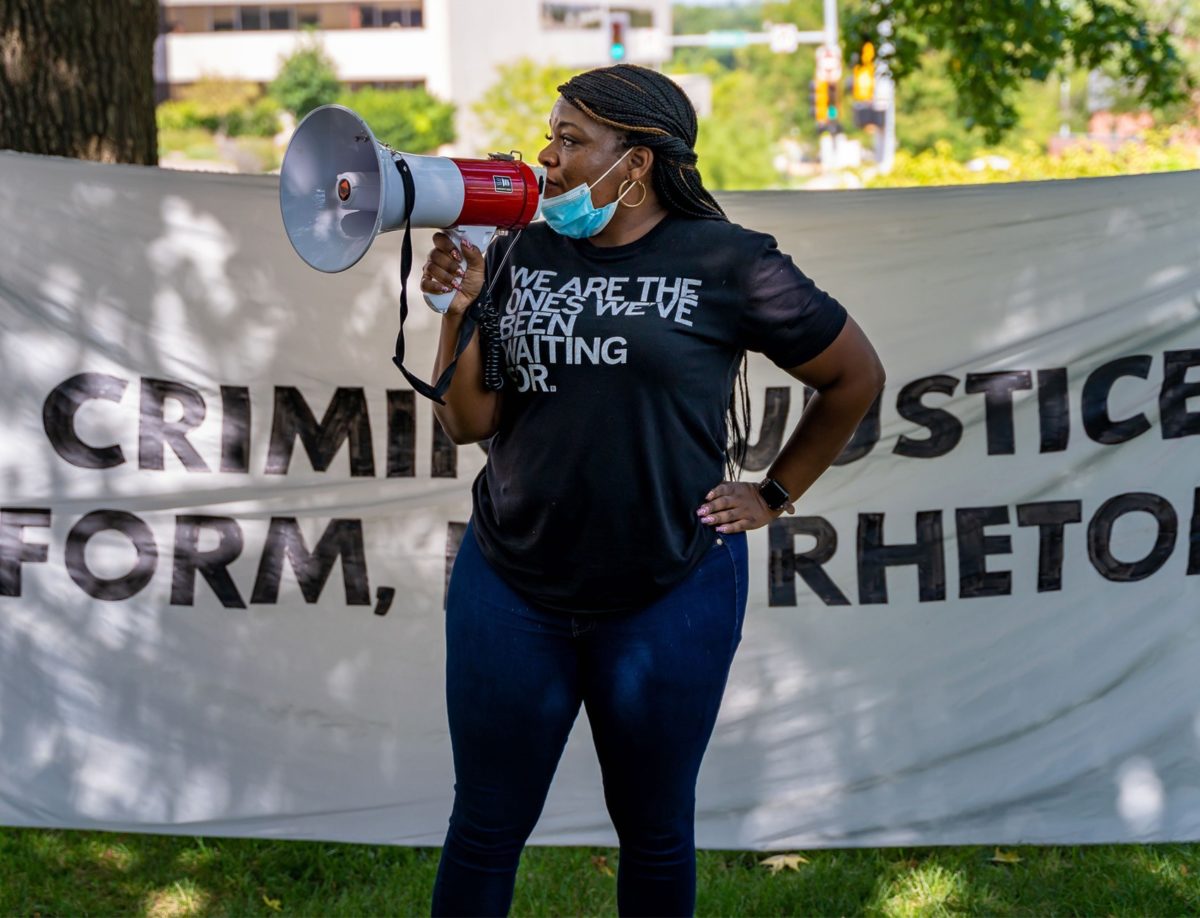
Cori Bush Wins, Heads To Congress Committed To ‘Fighting For The Regular Person’
Bush’s victory in Missouri’s First Congressional District makes her the first Black woman elected to represent Missouri in Congress.
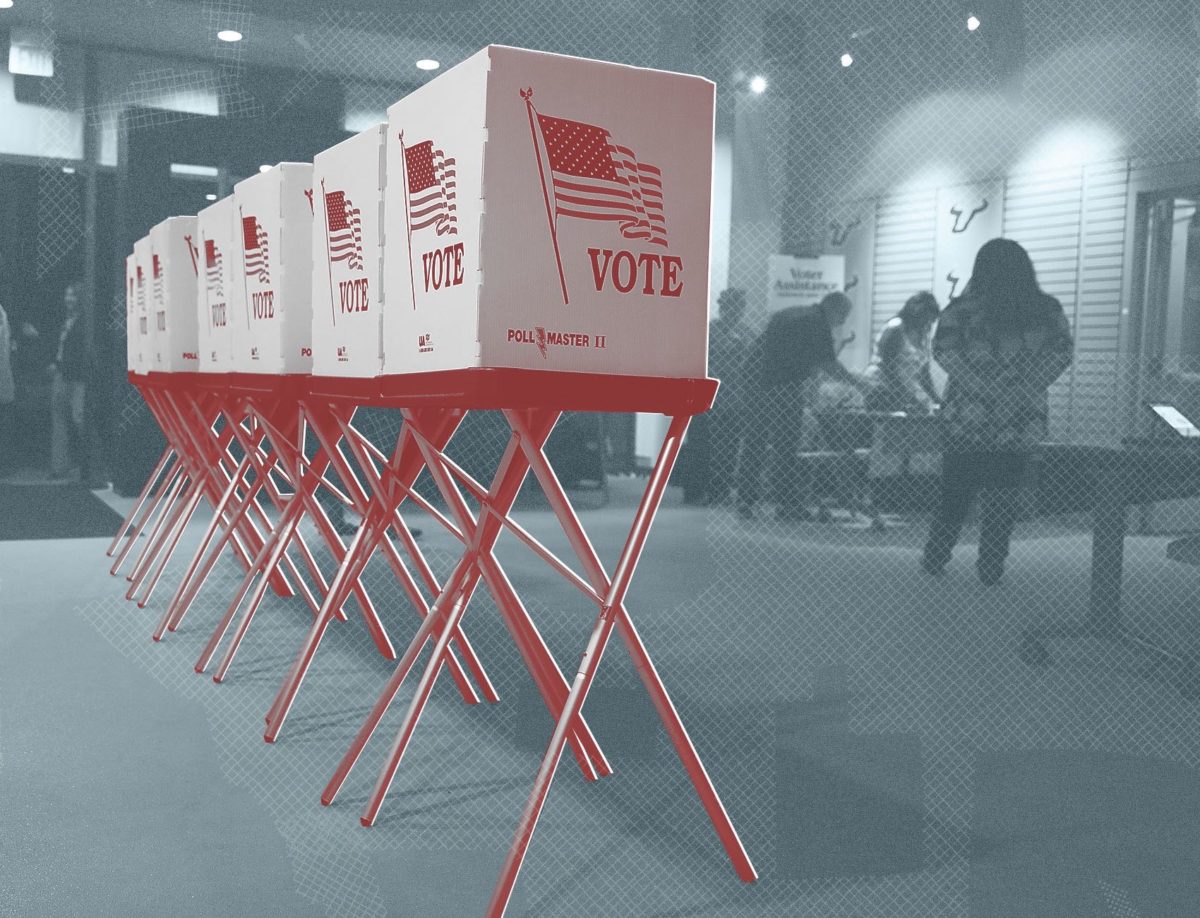
It’s Time To Lower The Voting Age To 16
Grown adults have voted their way into the current morass in this country. Now is the time for a younger generation to lead the way.
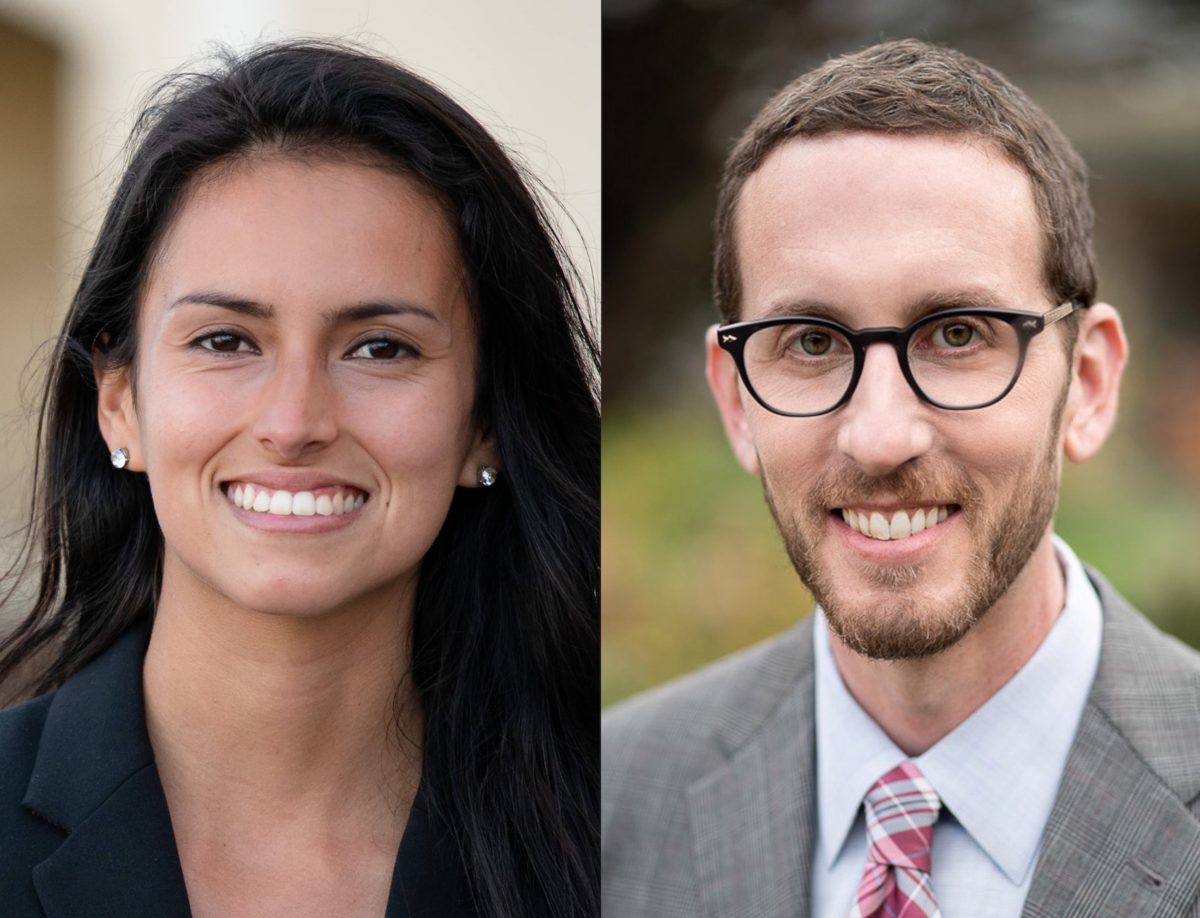
A Clash of Housing Philosophies Is At The Heart of a High-Profile California State Senate Race
First-time state Senate candidate Jackie Fielder’s housing plans are geared toward government investment, while incumbent Scott Wiener’s plans have relied on the construction of market rate housing with some affordable units.
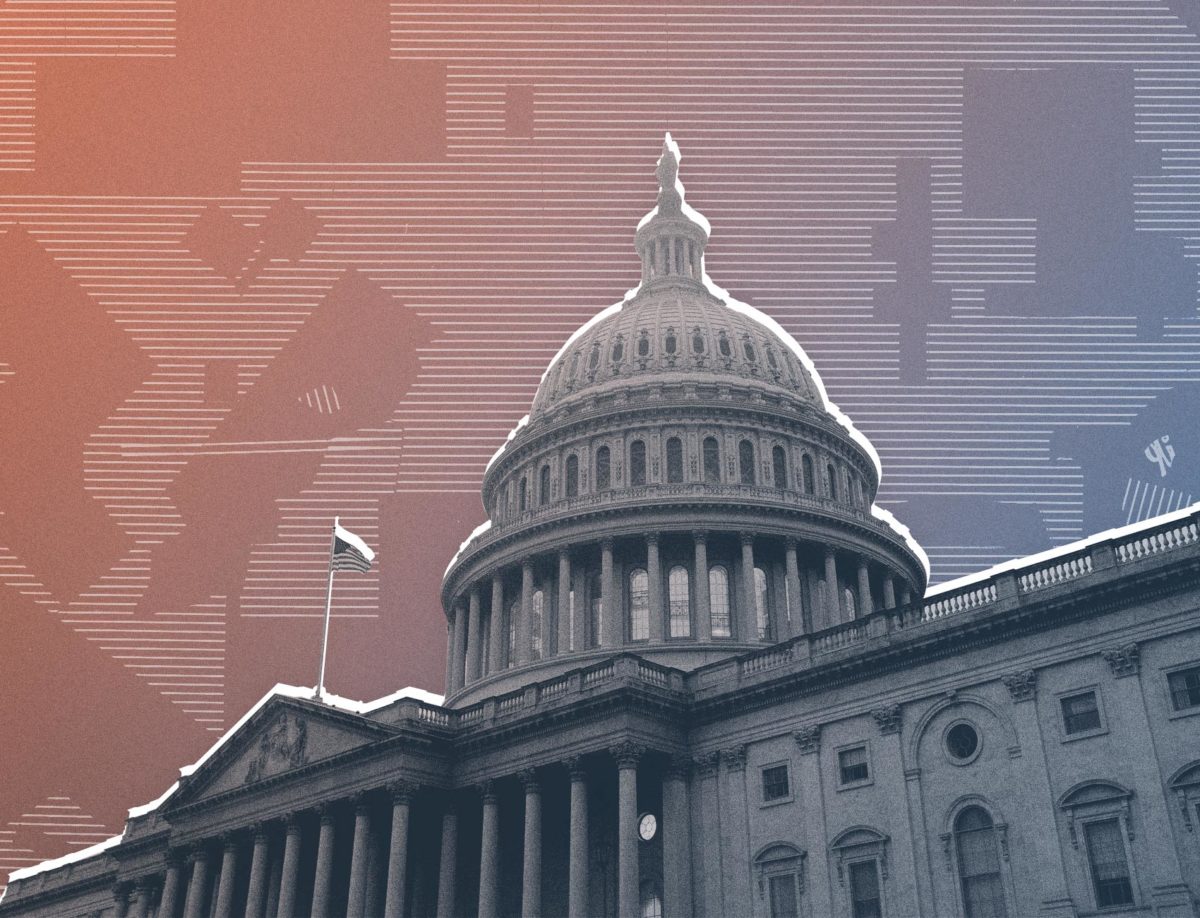
The Senate Filibuster Is Hollowing Out American Democracy
If Democrats win control of the Senate, allowing this archaic tradition to survive will make everything of significance the party hopes to accomplish virtually impossible.
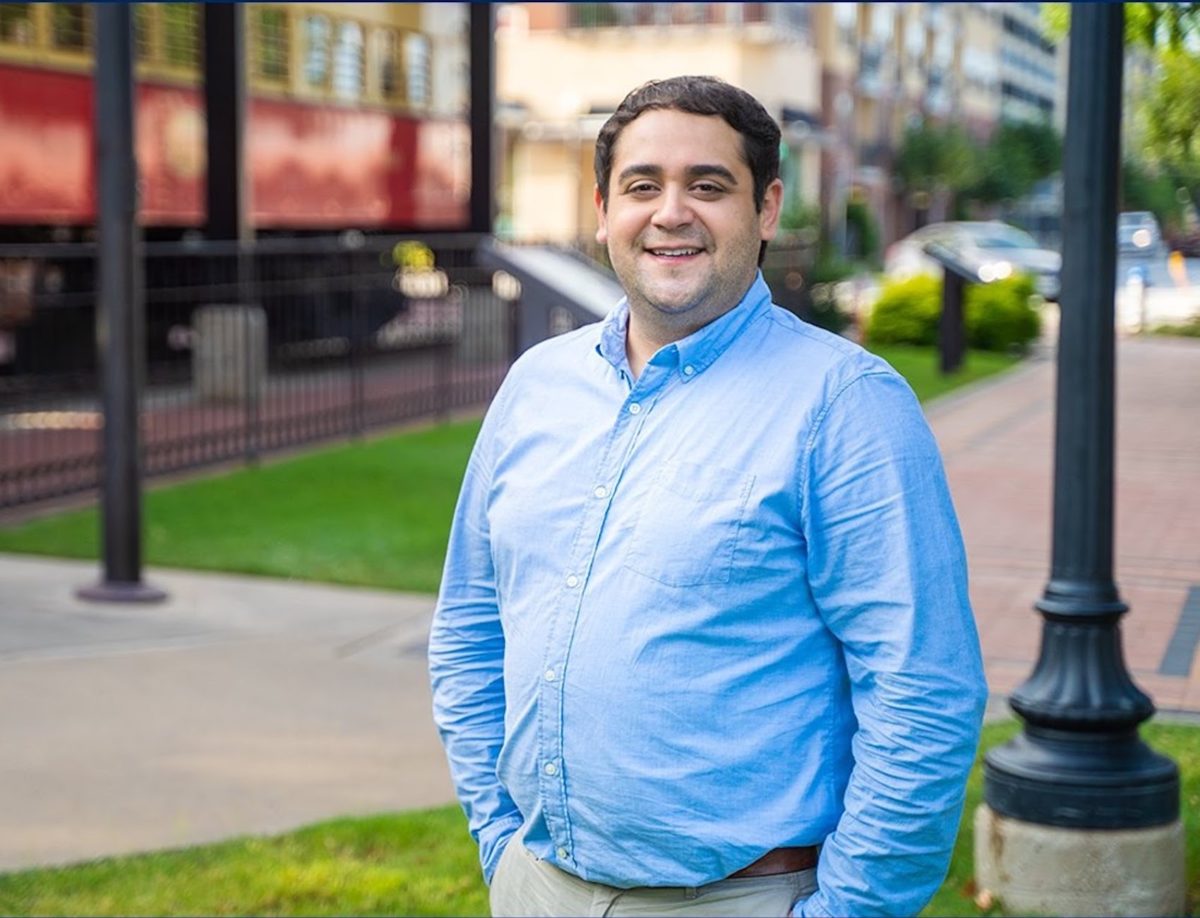
Lorenzo Sanchez Wants to Provide Healthcare to Uninsured Texans
Sanchez is running for one of the state House seats that Democrats are hoping to flip.

Armed Michigan Protesters Fueled Jon Hoadley’s Commitment To Run For Congress
If he wins his bid to represent the state’s Sixth District, Hoadley says he would reallocate police funding, improve health care, and invest in rural communities.

Kara Eastman Looks to Represent Nebraska in Congress With An Eye On Improving Healthcare
The Second District candidate, who has been endorsed by more than 50 Black leaders in Omaha, also wants to make investments in Black and Latinx neighborhoods.
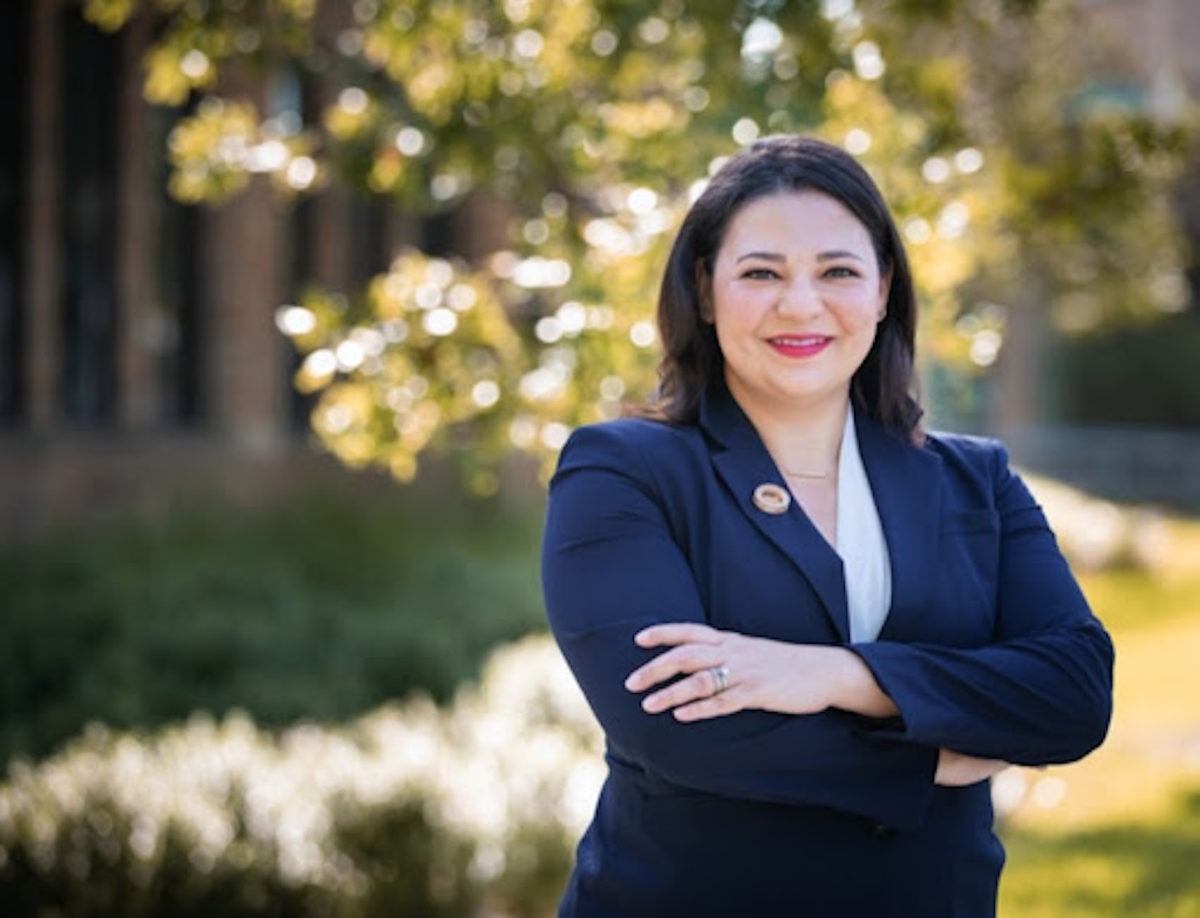
Texas House Candidate Celina Montoya Is Running To Expand Medicaid and Fund Public Education
She is running for a historically Republican-controlled seat, and if she wins, it could help turn the state House blue.
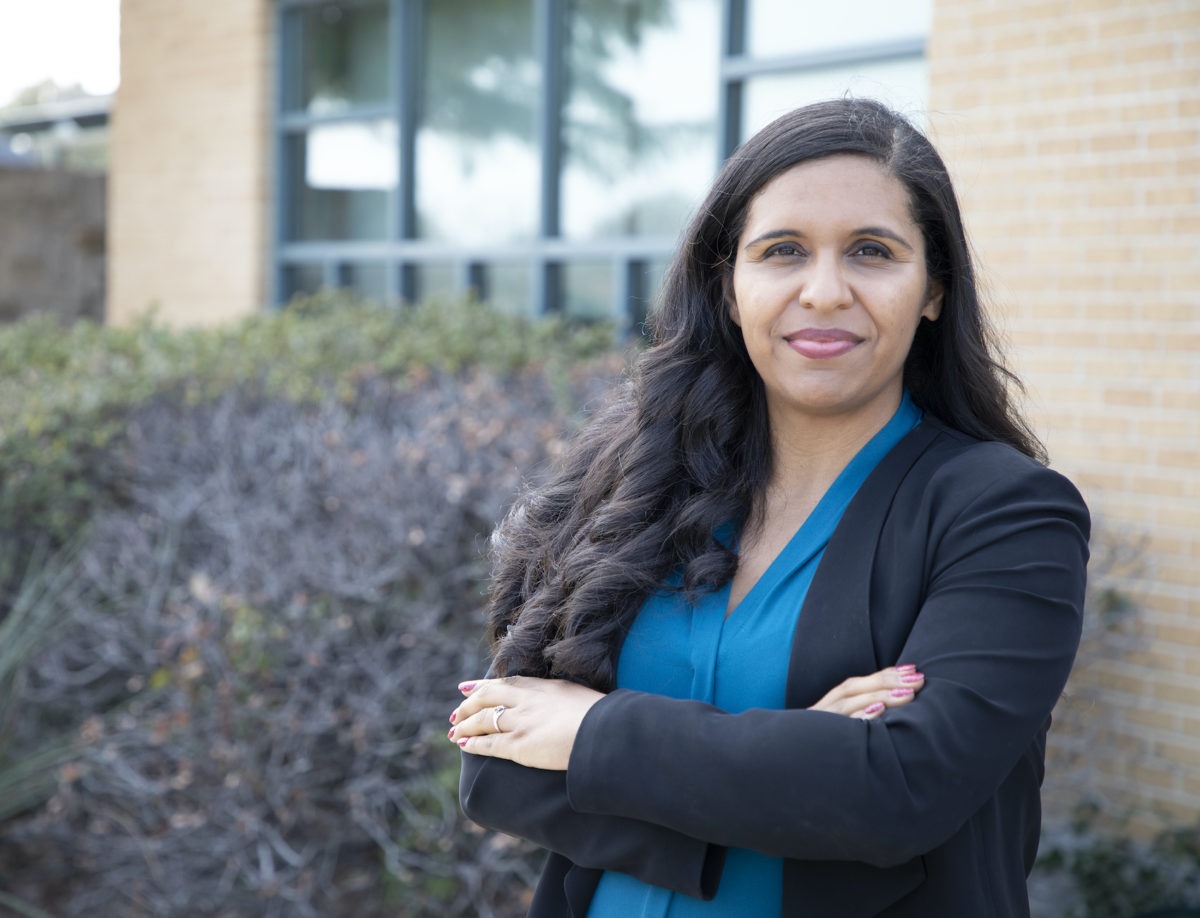
Candace Valenzuela Is Running to Give All People a Chance at the American Dream
If she’s successful in her bid to represent Texas’s 24th Congressional District, Valenzuela will flip the district to blue and become the first Black and Latinx member of Congress.
